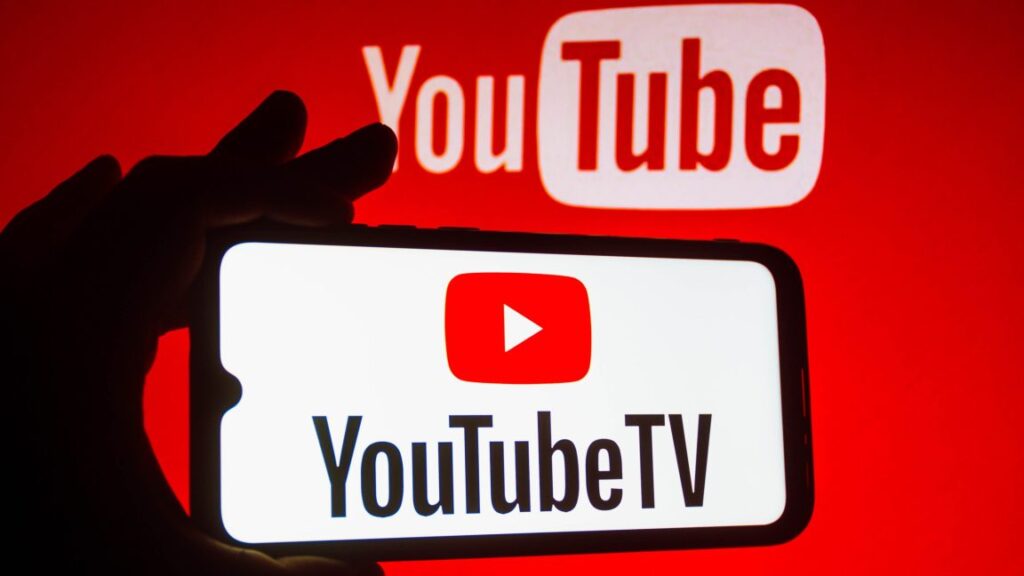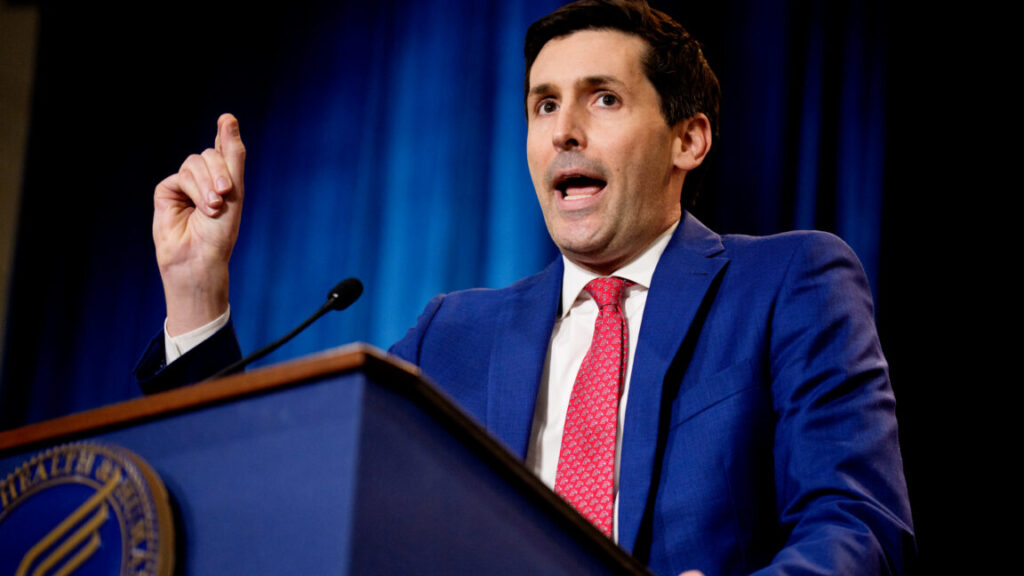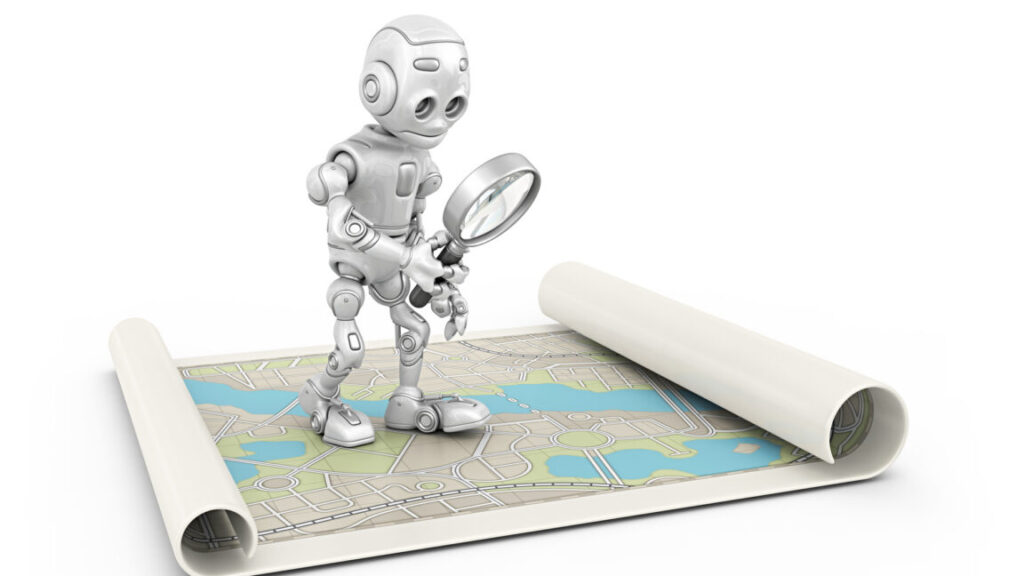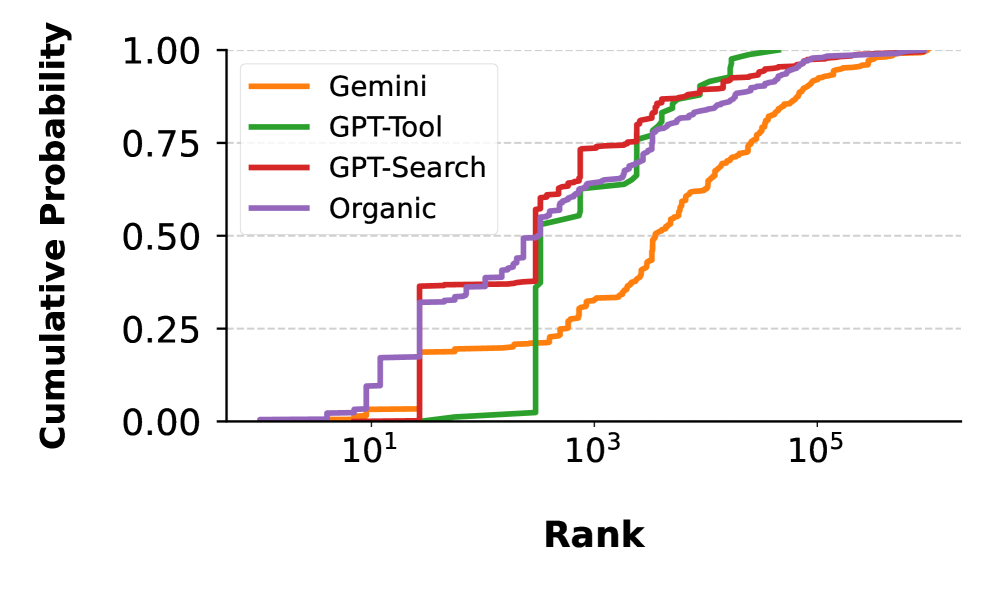YouTube TV’s Disney blackout reminds users that they don’t own what they stream
“I don’t know (or care) which side is responsible for this, but the DVR is not VOD, it is your recording, and shows recorded before the dispute should be available. This is a hard lesson for us all,” an apparently affected customer wrote on Reddit this week.
For current or former cable subscribers, this experience isn’t new. Carrier disputes have temporarily and permanently killed cable subscribers’ access to many channels over the years. And since the early 2000s, many cable companies have phased out DVRs with local storage in favor of cloud-based DVRs. Since then, cable companies have been able to revoke customers’ access to DVR files if, for example, the customer stopped paying for the channel from which the content was recorded. What we’re seeing with YouTube TV’s DVR feature is one of several ways that streaming services mirror cable companies.
Google exits Movies Anywhere
In a move that appears to be best described as tit for tat, Google has removed content purchased via Google Play and YouTube from Movies Anywhere, a Disney-owned unified platform that lets people access digital video purchases from various distributors, including Amazon Prime Video and Fandango.
In removing users’ content, Google may gain some leverage in its discussions with Disney, which is reportedly seeking a larger carriage fee from YouTube TV. The content removals, however, are just one more pain point of the fragmented streaming landscape customers are already dealing with.
Customers inconvenienced
As of this writing, Google and Disney have yet to reach an agreement. On Monday, Google publicly rejected Disney’s request to restore ABC to YouTube TV for yesterday’s election day, although the company showed a willingness to find a way to quickly bring back ABC and ESPN (“the channels that people want,” per Google). Disney has escalated things by making its content unavailable to rent or purchase from all Google platforms.
Google is trying to appease customers by saying it will give YouTube TV subscribers a $20 credit if Disney “content is unavailable for an extended period of time.” Some people online have reported receiving a $10 credit already.
Regardless of how this saga ends, the immediate effects have inconvenienced customers of both companies. People subscribe to streaming services and rely on digital video purchases and recordings for easy, instant access, which Google and Disney’s disagreement has disrupted. The squabble has also served as another reminder that in the streaming age, you don’t really own anything.
YouTube TV’s Disney blackout reminds users that they don’t own what they stream Read More »

















